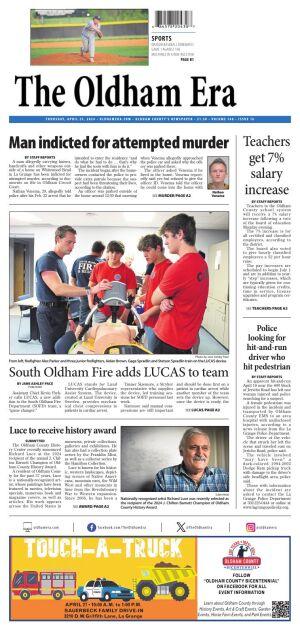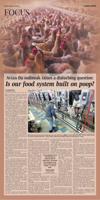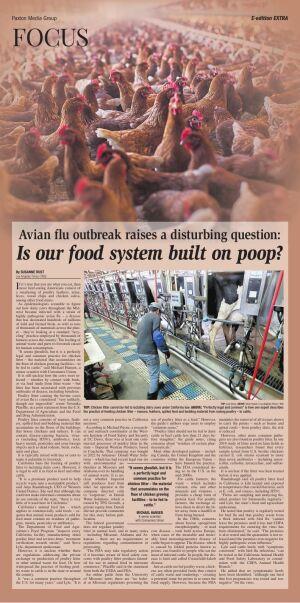Any color of car you want, as long as it’s black
To the editor:
Of the Kentucky 100 house seats up for election in 2024, 40 will have no options at all with only one person filing (34 Republicans, six Democrats). Fifteen more seats (nine Republican, six Democrats) will have no general election choices, with only one party fielding candidates. All told, only 45 of 100 races will see a general election with both a Republican and Democrat on the ballot, and of these less than 10 project to be within 10 points given geographic political sorting.
The picture isn’t much different in the Kentucky Senate with eight of 19 being uncontested (five Republican, three Democrat) and four more with only one party having candidates (three Republican, 1 Democrat). Only seven of 19 races will be contested in the general election. The result is that our elections have become like a Soviet-bloc grocery, or as Henry Ford famously quipped, “You can choose any color of car that you want, as long as it’s black.”
So, how do we get out of a situation where a majority of Kentucky voters have little to no electoral choice? We have to get more good people to run for elected office, and that involves examining the reasons that 90%+ of incumbents win reelection since more people would run if they had a realistic chance to win.
We must remove the unfair aspects of the incumbency advantage and barriers to entry:
• Whereas individuals, or even organizations, have a $2,100 campaign donation maximum (a number that should be reduced to $1,000 in all but federal elections), executive committees and caucus campaign committee can give unlimited amounts, and in recent years have given $100s of thousands to a single General Assembly race opposing a challenger.
• Big donors can also gain the favor of politicians, while freeing up party funds for campaigns by contributing an unlimited amount to a party’s “building fund”, or to finance an inauguration.
• Incumbents can keep open their campaign finance accounts and continue officially fundraising throughout their entire terms whereas new candidates can only fundraise during their actual campaign.
• Each house of the legislature draws their own voting maps every 10 years following the census. Too often these maps are drawn to protect incumbents, and to remove or punish political opposition. A small but important improvement would be for the Kentucky Senate to draw the Kentucky House maps, and vice versa, without any input from the other chamber. An independent commission is likely be too much to ask, but removing the self-dealing would at the very least improve the appearance of impropriety.
• Even the paperwork, hundreds of dollars in filing fees, and detailed documentation of small dollar contributions required to run for office are needlessly burdensome. For instance, Kentucky still requires a notarized signature from two members of a person’s party and precinct to this day, a requirement that serves no identifiable purpose except to trip up a new candidate or two every cycle.
All of these steps would help give votes more choices on their ballots. The biggest barrier to making changes like this are that incumbents actually make the laws that govern their own elections. It will take selflessness and honesty among our elected officials to get true change here.
Lance Pearson
Pewee Valley













